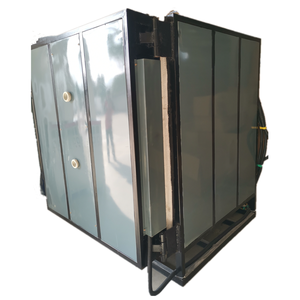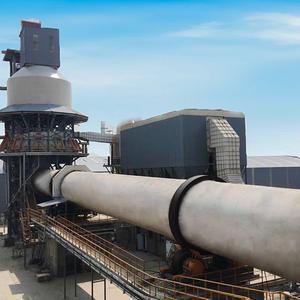Power and consumption are critical factors that determine the efficiency of heavy machinery systems. In today’s world, with the increasing demand for industrial productivity and economic growth, power consumption has become a major concern. Heavy machinery requires large amounts of energy to operate efficiently, leading to higher costs and environmental impacts.
(Power and Consumption: Addressing Energy Challenges Associated with Heavy Machinery)
One of the main challenges associated with power consumption in heavy machinery is the generation of excessive heat. This can be due to the frictional losses caused by the moving parts or the internal combustion engine. The high heat generated can cause damage to the machinery components, reducing their lifespan and reducing overall performance. To address this issue, there are several strategies that can be employed, including:
1. Thermal management: This involves using heat exchangers to remove heat from the machinery and transfer it to a more stable environment. Heat exchangers can be used to cool down the engine or to recover waste heat generated during operation.
2. Fuel efficiency: Reducing fuel consumption is another way to reduce power consumption in heavy machinery. This can be achieved through better idle management, optimized operating conditions, and the use of advanced technology such as engine management systems.
3. Maintenance and repair: Regular maintenance and repair can help prevent breakdowns and improve overall efficiency, which reduces power consumption over time.
Another challenge associated with power consumption in heavy machinery is the emissions produced during operation. Many heavy machinery engines are designed to emit pollutants such as carbon monoxide, nitrogen oxides, and particulate matter. These emissions contribute to air pollution and greenhouse gas emissions, which have negative impacts on the environment and human health.
To address this issue, there are several strategies that can be employed, including:
1. Cleaner fuels: Using cleaner fuels can significantly reduce emissions produced by heavy machinery. This can be achieved through the use of biogas, renewable energy sources, or low-emission diesel fuels.
2. Emissions control technologies: Emissions control technologies such as catalytic converters, strata management systems, and exhaust gas recirculation (EGR) systems can help reduce emissions while maintaining engine performance.
3. Scrubbers: Scrubbers can be used to remove particulate matter from exhaust gases before they enter the atmosphere. This helps reduce air pollution and improves air quality.
(Power and Consumption: Addressing Energy Challenges Associated with Heavy Machinery)
In conclusion, power and consumption are critical factors that determine the efficiency of heavy machinery systems. By addressing the challenges associated with power consumption, such as generation of excessive heat, fuel efficiency, and emissions, we can improve the performance and sustainability of heavy machinery systems. It is essential to implement effective strategies to manage these challenges and ensure that heavy machinery remains an important tool for economic growth and industrial productivity.


